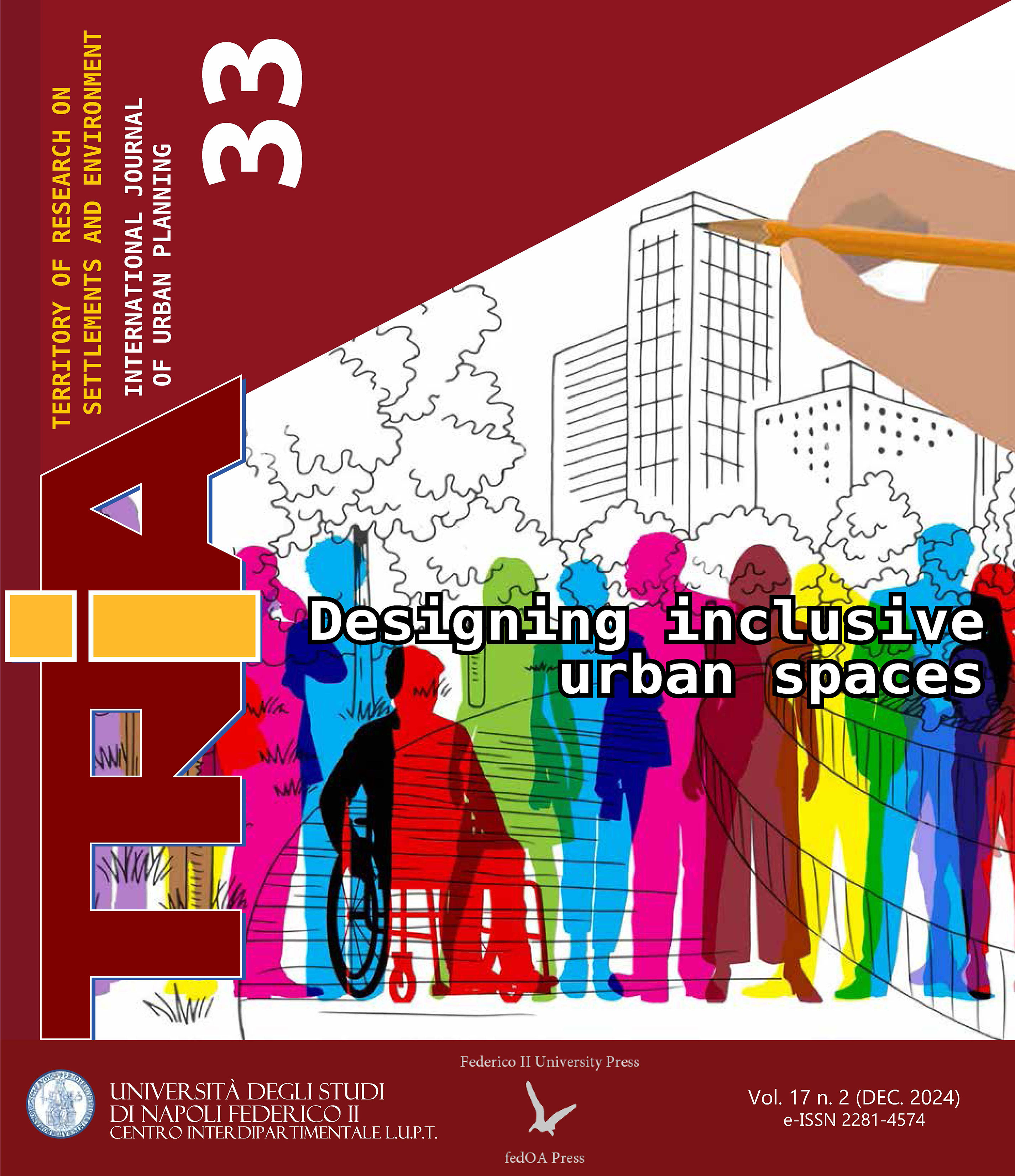Fiumi, paesaggi, spazi pubblici e complessità: il caso dell’Olona e Pogliano Milanese
Abstract
La condizione di complessità che contraddistingue i corsi d’acqua che attraversano le aree più densamente urbanizzate del contesto europeo e mondiale presenta dei caratteri comuni che pongono delle sfide interessanti in termini di recupero, trasformazione del paesaggio e costruzione dello spazio pubblico.
Ciò coinvolge in modo sostanziale la sfera sociale e antropologica per via del nesso che lega lo spazio del fiume all’intenso uso antropico, alla sua trasformazione e all’inquinamento ambientale e delle acque. Si tratta di processi che nel corso degli anni hanno occupato e sfruttato lo spazio dei corsi d’acqua, riducendone la ricchezza e sminuendo ciò che contraddistingueva la cultura dei fiumi. Si è così prodotta oltre alla perdita della qualità del paesaggio, la stigmatizzazione e il rifiuto dei corsi d’acqua. Questi fattori influenzano in modo negativo anche le condizioni del presente che offrono le possibilità di un riscatto dei paesaggi idraulici che stanno lentamente risorgendo per via della deindustrializzazione e del ricorso generalizzato alla depurazione delle acque reflue.
Il testo esamina queste condizioni riferendosi a degli aspetti di carattere generalizzabile, utili per costruire un confronto dialettico con altre situazioni analoghe, rivolgendo quindi l’attenzione al fiume Olona e in modo transcalare al PLIS Basso Olona e alla condizione specifica del Comune di Pogliano Milanese, che è stata oggetto di ricerche e sperimentazioni progettuali puntuali.
Downloads
Copyright (c) 2024 Andrea Oldani

This work is licensed under a Creative Commons Attribution 4.0 International License.
Gli autori che pubblicano su questa rivista accettano le seguenti condizioni:- Gli autori mantengono i diritti sulla loro opera e cedono alla rivista il diritto di prima pubblicazione dell'opera, contemporaneamente licenziata sotto una Licenza Creative Commons - Attribuzione che permette ad altri di condividere l'opera indicando la paternità intellettuale e la prima pubblicazione su questa rivista.
- Gli autori possono aderire ad altri accordi di licenza non esclusiva per la distribuzione della versione dell'opera pubblicata (es. depositarla in un archivio istituzionale o pubblicarla in una monografia), a patto di indicare che la prima pubblicazione è avvenuta su questa rivista.
- Gli autori possono diffondere la loro opera online (es. in repository istituzionali o nel loro sito web) prima e durante il processo di submission, poiché può portare a scambi produttivi e aumentare le citazioni dell'opera pubblicata (Vedi The Effect of Open Access).

